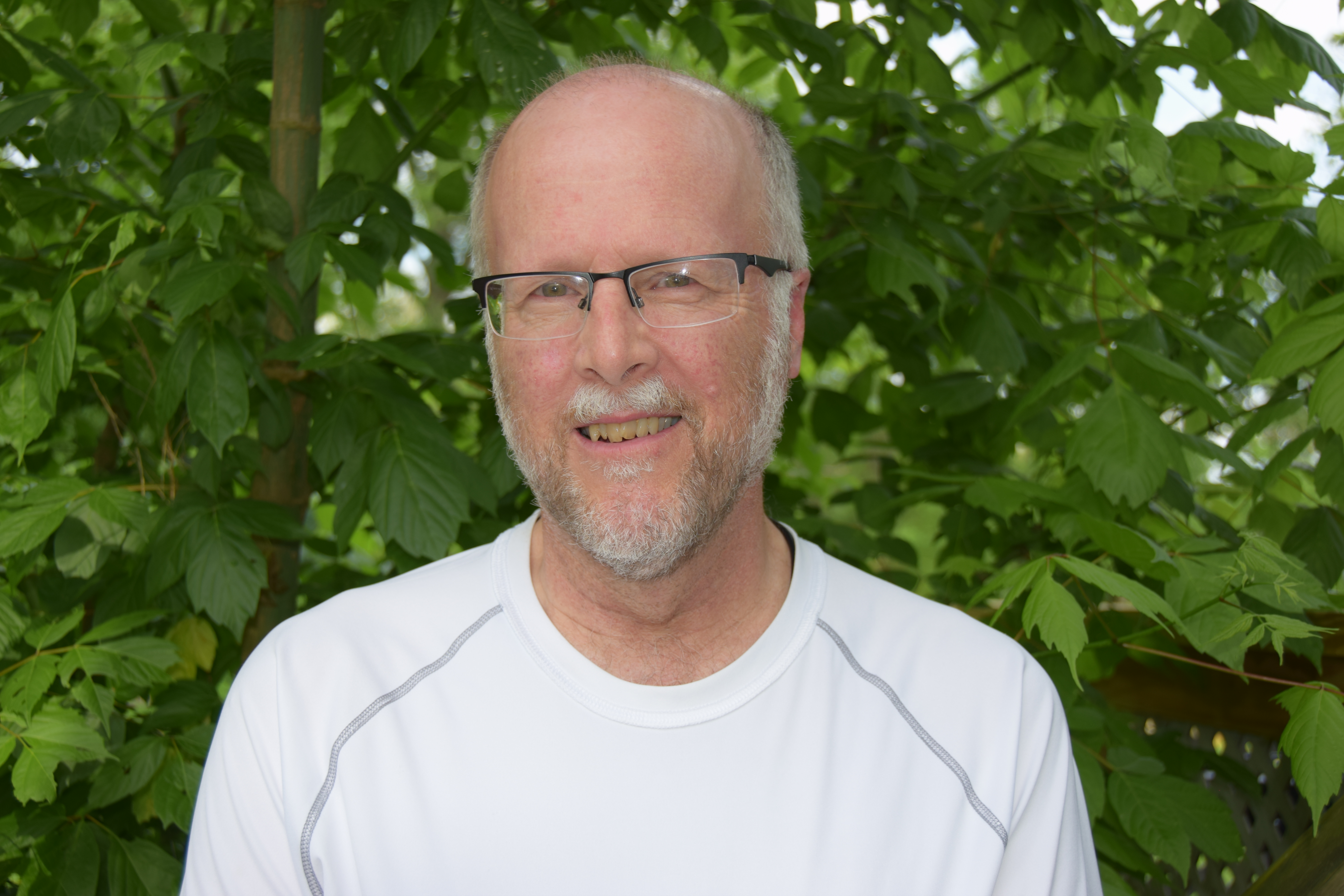Heartland uncovers prejudices toward the poor
Book nominated for National Book Award
 One of my favorite books from 2018 is Heartland: A Memoir of Working Hard and Being Broke in the Richest Country on Earth by Sarah Smarsh. This is an important book in its uncovering of prejudices toward people who struggle in poverty. And while it’s not written from a specifically Christian perspective, it also addresses some biblical themes.
One of my favorite books from 2018 is Heartland: A Memoir of Working Hard and Being Broke in the Richest Country on Earth by Sarah Smarsh. This is an important book in its uncovering of prejudices toward people who struggle in poverty. And while it’s not written from a specifically Christian perspective, it also addresses some biblical themes.
Smarsh is a journalist who has covered socioeconomic class, politics and public policy for the Guardian, VQR, NewYorker.com, Harpers.org and many other publications. She also grew up in Kansas, which drew my interest, since I’m a lifelong Kansan.
Smarsh challenges an idea—a belief really—that the Bible also challenges, especially in the book of Job, that how well off you are, is directly related to how faithful you are. In the U.S. this often is stated in phrases such as: “Poor people are lazy.” “Work hard and you’ll be wealthy.” “Welfare bums just want handouts.”
Smarsh notes that she grew up holding such beliefs, but that changed: “I was raised to put all responsibility on the individual, on the bootstraps with which she ought to pull herself up. But it’s the way of things that environment changes outcomes.”
Smarsh grew up on a farm 30 miles west of Wichita, the state’s largest city (not far, by the way, from Camp Mennoscah, the Mennonite camp in Kansas). One of the pleasures of the book is her detailed descriptions of farm life and my familiarity with them, partly because my wife also grew up Catholic on a farm near a Kansas small town.
For example, she writes: “What came out of the dirt went into the kitchen. Grandma Betty…showed me how to chop vegetables, peel potatoes, pull guts out of chickens and beat the eggs they laid.”
While writing about her own experience growing up among hard-working people who were usually broke, Smarsh includes a broader perspective, with statistics: “Thus, 44 of Kansas’ 105 counties had reached their peak population by 1910.” She notes how economic policies adversely affected—and still affect—rural people. Their efforts were no match for such powerful economic forces.
She adroitly ties the personal with the societal throughout the book. Here are two examples mere pages apart:
“If you learn anything in an environment in which you’re expected to be grateful someone fed you—as the poor are supposed to be humbled by their government’s grand welfare gesture—it’s that somewhere, someone has it worse, and you dare not complain.”
“Mom was forever getting pulled over for a busted taillight or expired tags she couldn’t afford to replace….Dad was dodging citations pinned against the Kansas wind by windshield wipers of a busted car he’d left near an apartment dumpster, lacking money to pay for it to be towed to a scrap yard.”
One of the pleasures of the book is her detailed descriptions of farm life and my familiarity with them.
Such common circumstances led counties and municipalities to turn to “income from minor infractions to pay the bills that state or federal funding had covered before the severe government budget cuts that carved up my childhood,” Smarsh writes.
She focuses largely on the experience of women in her family, particularly her mother and grandmother, and the many obstacles they face: abuse, abandonment, limited opportunities for a livable income. But she also emphasizes their strength, their ability to adapt to circumstances and survive through hard work. She remarks that surviving in poverty requires being creative and industrious.
The book is framed as an account addressed to a daughter never born. I found this mostly distracting and initially confusing
An aspect of the book I appreciate is the author’s challenge to stereotypes about the Midwest, Kansas in particular, rural life and, as I’ve mentioned, people in poverty.
For almost nine years, I’ve been part of a group that walks alongside people in poverty. I’ve never met such courageous, creative and hard-working people. I’ve realized the reasons I’m not in poverty have little to do with my hard work but are due to circumstances beyond my control. I’ve also learned the power of community in addressing poverty, which usually isolates people.
Read Heartland, nominated for a National Book Award, and learn more about what it’s like to work hard yet remain broke in the richest country on earth.




